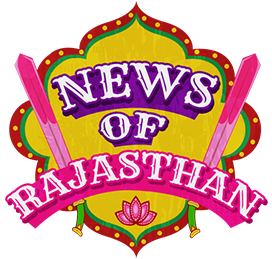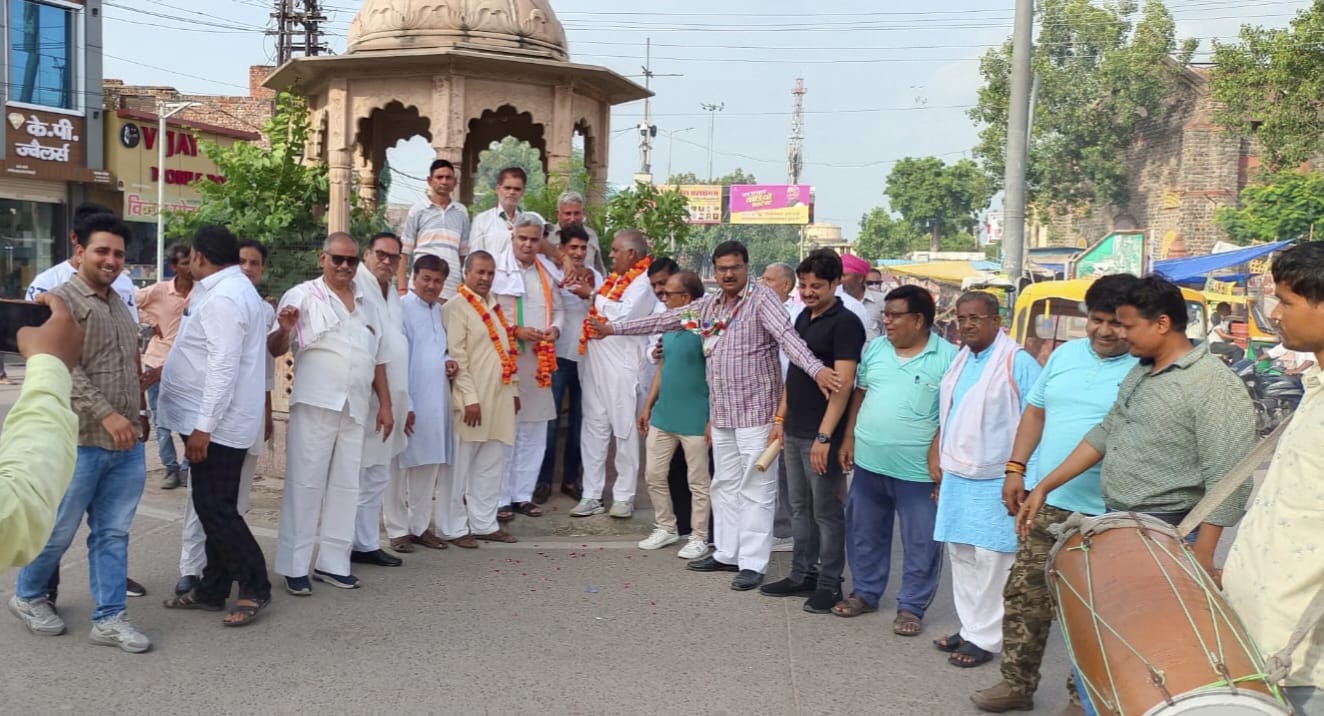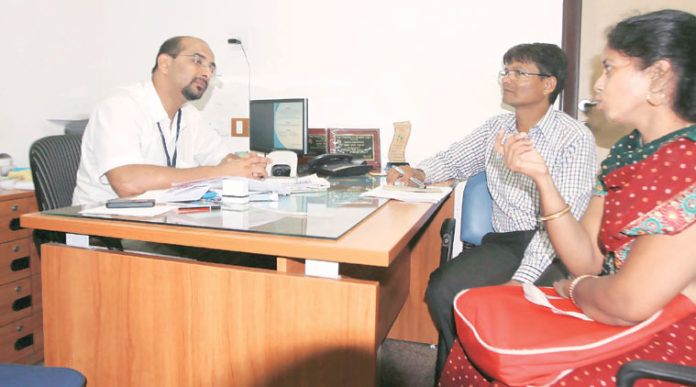
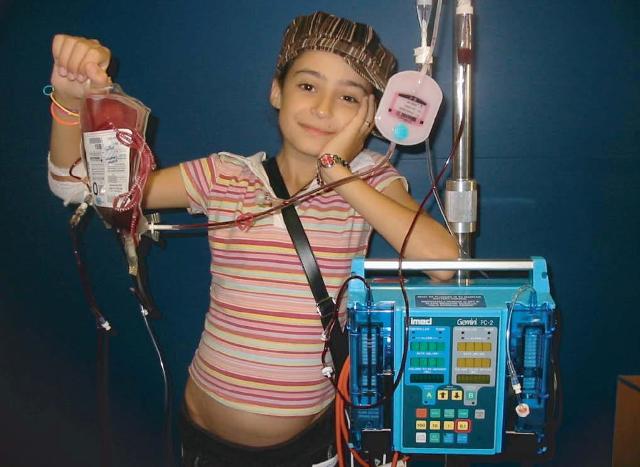
Thalassaemia is a genetic disorder of blood that threatens the life of at least 10,000 infants in India every year. Unfortunately, the natives in Rajasthan are still unaware of the viciousness of this disease. Not many people know that there are over 2,000 Thalassaemia patients in Rajasthan, out of which, more than 450 cases have been registered in Jaipur itself. The affected Thalassaemia patients have to undergo several blood transfusions throughout their life to avoid deaths. To generate public awareness and to exercise control on the disease, Rajasthan health department is planning to launch Thalassaemia screening in Rajasthan in the near future.
How will Rajasthan Natives Benefit from Pre-Marital Thalassaemia Screening?
The main objective of this screening is to minimise the chances of Thalassaemia births in Rajasthan. This pre-marital screening will be provided to teens and youngsters, who’ve attained the marriageable age. While it’s easier to treat Thalassaemia minor cases, the real problem arises when the doctors have to deal with Thalassaemia major patients.
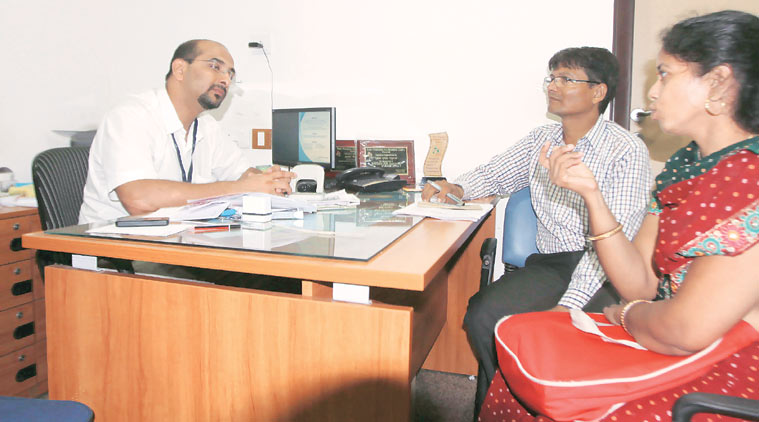
Through the screening, the doctors will be able to discover Thalassaemia minor carriers in Rajasthan. Depending on this data, the government will encourage the said individuals to marry a healthy spouse so that they don’t end up producing a Thalassaemia major child. This is an effective way of preventing the frequent occurrence of this disorder in younger generations.
What is Thalassaemia and How does it Occur in Individuals?
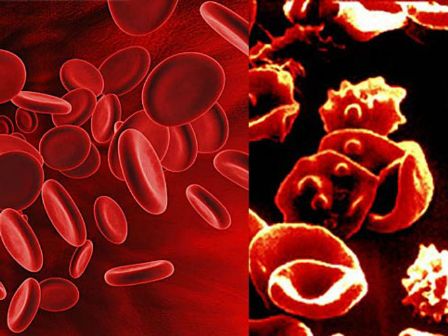
Thalassaemia is a genetic condition in which, the human body produces abnormal Haemoglobin. As we all know, Haemoglobin is the carrier of oxygen in the blood. A Thalassaemia patient suffers from anaemia (loss of blood) due to limited production of Haemoglobin.
When a Thalassaemia patient marries a healthy person, they produce a Thalassaemia minor child, that is partially anaemic. However, when two Thalassaemia patients marry, there are 25% chances of them producing Thalassaemia major child that suffers from severe blood scarcity. In most cases, the child is stillborn since he cannot survive.
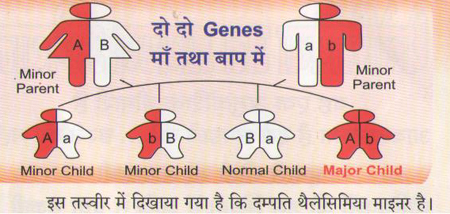
Thalassaemia treatments offered by the doctors include medication and supplement, BMT (Bone Marrow Transplant), blood transfusion and removal of spleen and gallbladder. Most of these treatments work in the case of Thalassaemia minor patients.
Therefore, to avoid such possibilities in future, Rajasthan Thalassaemia health experts will conduct a screening for children studying in Classes VII to IX at division-level. This screening will be conducted under the NHM (National Health Mission).
